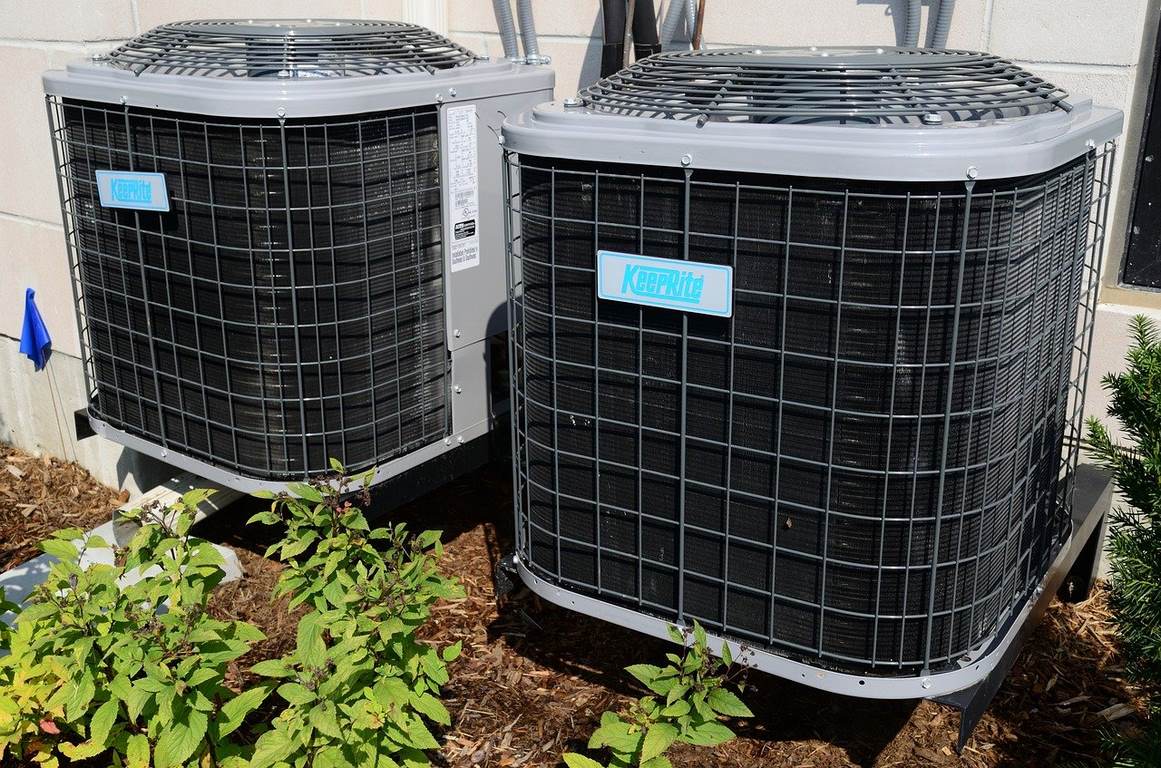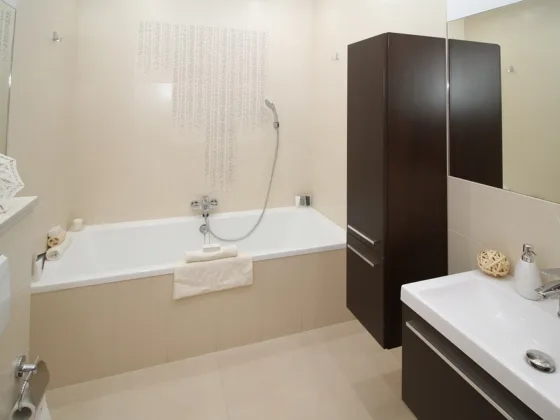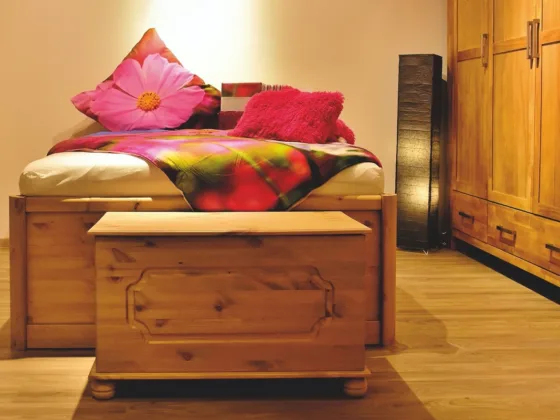The HVAC system is the lifeblood of any building.
It provides comfort and regulates temperature, ventilation to keep air quality high in both residential or commercial spaces by exchanging fresh outside ambient for indoor recycled stale environments that provide environmental benefits like a reduction on energy bills as well as other health-related issues such as respiratory problems due too excessive dust mites among others
As mentioned above about First but not least important things first this comes with heating & cooling capabilities which makes it necessary anywhere from single-family homes up through submarines where these systems use “fresh” outdoor breezes/water-cooled sources.
Have you ever felt like your house just doesn’t feel right without a fresh air exchange? Fresh-air exchanges are important because they provide a better quality of indoor air and involve removing moisture, smoke, odors heat dust bacteria carbon dioxide gases as well as improving temperature control while providing oxygen replenishment.

The importance here is not about having different types or size fans but determining what kind would be best suited for the area where these will sit operational costs come into play too so make sure you do analysis before making any final decisions!
How Does an HVAC System Work?
Your heating and cooling are usually during all one amongst one in every often one among the foremost complicated but necessary systems in a home! When it stops working, you’ll know in time as there are nine parts to your AC or Heating called: Air Return; Filter; Exhaust Outlets Ducts Electrical Elements Outdoor Unit Compressor Coils and Blower.
Air Return
Your air return is the starting point of your ventilation system. It’s a critical component that draws in fresh outside air, filters it through a replaceable pleated media filter, and then returns this clean draught straight back into whichever room or spaces you’ve designated for use as ‘return’.
Make sure to dust off any dirt buildup on these regularly so they don’t clog up with messy airflow later down the line!
Filter
If you want to keep your air purifier running smoothly, make sure that the filters are clean and replaced on a regular basis.
Exhaust Outlets
Another part of your system is the exhaust outlets where you get rid of all that heat. Pro tip: Check up on it once a year and make sure everything’s in working order if necessary!
Read Also:
Electrical Elements
The thermostat is your first line of defense against a home’s temperature going haywire. A tripped breaker or dead batteries will most likely be the culprit, so make sure everything checks out before giving up on this important component!
What is Included in an HVAC System
The heating element usually refers to a furnace or boiler. It includes Heating and Cooling Knoxville TN.
pipe system for the fluid-carrying heat and ductwork if you’re working with an air conditioning unit, but there are other HVAC components like your cooling coils as well!
The ventilation element in an HVAC system is either natural or forced. Either way, it’s used to remove heat from inside your house and circulate fresh air throughout the space- but not always! Forced airflow can be more effective at cleaning up indoor pollution before sending out clean oxygen into our surroundings.
What is the Difference Between HVAC and Air Conditioning?
Air conditioning and heating are often confused with one another because they all involve the transfer of heat from an object or substance.
The difference between HVAC and Air Conditioning lies in their function: whereas air conditioners work sequentially to cool off human-made objects, such as buildings through evaporation; heating is used primarily for regulating body temperature by warming up (or cooling down) spaces that contain living organisms like animals who can’t regulate themselves on a physical level such as wild birds with feathers stuck together due to too much insulation under certain conditions.
Which HVAC Brand is Best?
There is no doubt that we make some of the best HVAC professionals in town. We’ve been installing Lennox products for over 100 years and it’s because they’re simply among the best out there: a well-known, reliable company with highly efficient equipment to keep your home at its optimal temperature year-round!
How Many Years Does an HVAC System Last?
You might be wondering how long your HVAC system will last. The best way to know for sure is by doing annual maintenance on it, which can include replacing parts as needed and making adjustments like changing filters in accordance with manufacturer specifications (or higher).
If you don’t keep up these recommended services over time then the equipment could break down earlier than expected – so call Brennan Heating & Air Conditioning today!









